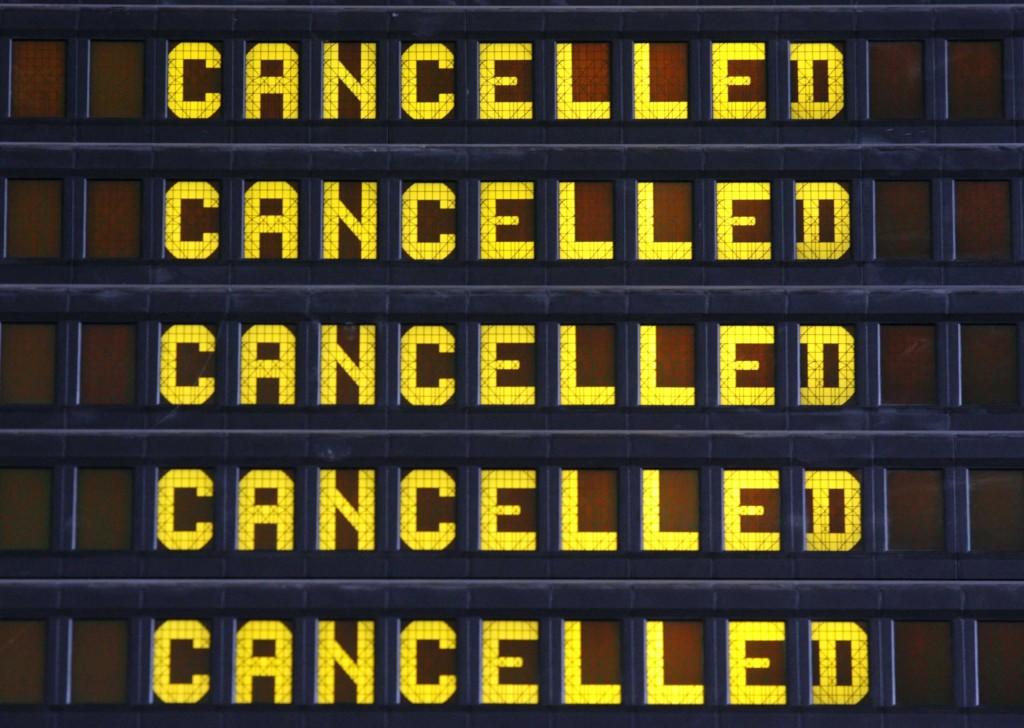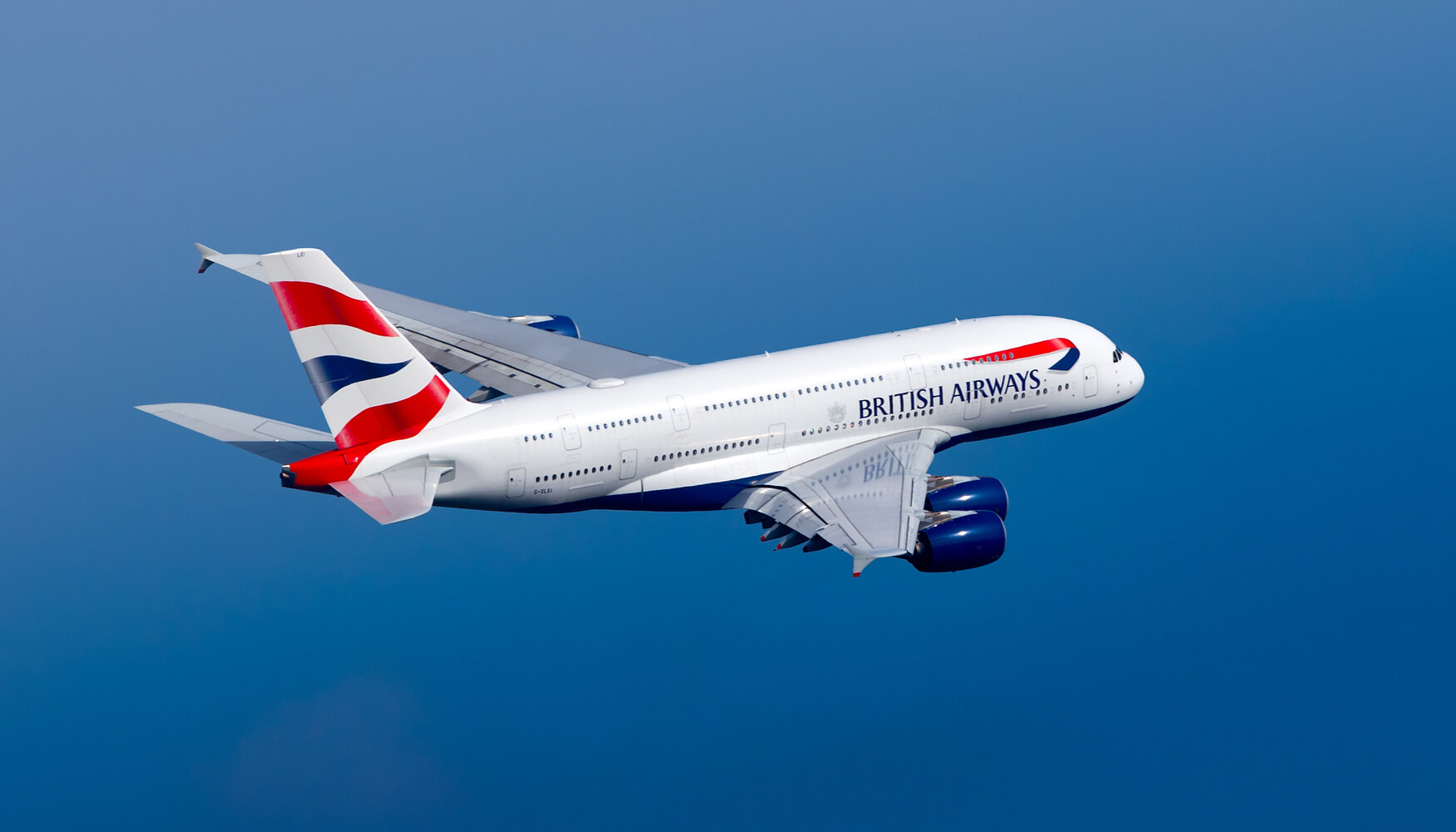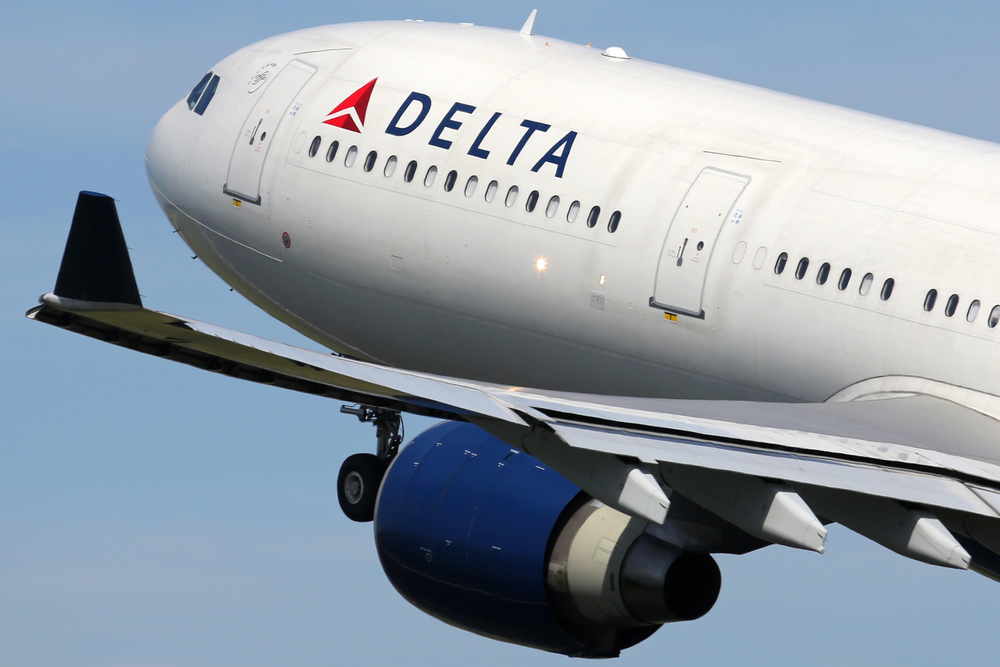After Airline Bailouts, Senator Wants Answers on Staffing Shortages

When the COVID-19 pandemic grounded airlines, Congress was quick to offer bailout relief in the forms of grants and loans. Now that air travel is recovering, the chair of the Senate Transportation Committee wants to know where the money went, and why more workers aren’t reporting back to work.
With passengers returning in droves back to the airport and airlines struggling to keep up with demand, the chair of the Senate Committee for Commerce, Science and Transportation wants answers about why there are not more workers returning to their post. U.S. Senator Maria Cantwell (D-WA) sent letters to the chief executives of six major airlines asking detailed questions about how they used their bailout money.
Letters Sent to Leaders of American, Delta, JetBlue and Southwest
The letter from Cantwell’s office were sent to the leaders of American Airlines, Delta Air Lines, JetBlue and Southwest Airlines, among others. United Airlines did not receive a request from the senator.
In her letter, the legislator asks several specific questions about how the carriers used the cash from the multiple bailouts granted through acts of Congress. The questions include:
- If airlines offered early retirement, leaves of absence, buyouts or other benefits to encourage workers to leave their jobs, and the reasoning behind those decisions.
- The number of workers by month who left the company through layoffs, furloughs, or voluntary programs between March 1, 2020 and present.
- If airlines exhausted their money from the third round of Payroll Support Program funding.
- The projected staffing needs of carriers when they began voluntary separation programs.
- Any anticipated workforce or schedule changes in the next six months.
In addition, Cantwell is requesting a briefing from each of the airlines on their staffing situation by July 30, 2021.
The demand for information comes as airlines are scrambling to keep up with demand for consumer travel. Both American and Southwest resorted to cancelling part of their schedules during July 2021, while the Fort Worth-based airline asked employees to volunteer to take shifts at Dallas-Fort Worth International Airport (DFW).
“Over the past year, there have been reports of U.S. airlines seeking to reduce the size of their workforce by encouraging employees to accept early retirements, voluntary furloughs, buyouts, and leaves of absence,” the letter reads. “This reported workforce shortage runs counter to the objective and spirit of the PSP, which was to enable airlines to endure the pandemic and keep employees on payroll so that the industry was positioned to capture a rebound in demand.”
None of the airlines questioned have commented publicly on the senator’s letter.
Congressional Pressure Continues to Weigh on Airlines
Cantwell’s letter is the latest move by Congress to pressure airlines into protecting consumer’s rights as they travel. At the beginning of July 2021, a group of Democratic legislators from both chambers of Congress wrote the U.S. Department of Transportation demanding cash refunds for flights cancelled due to the COVID-19 pandemic.
























There's a few problems here, for one, yes there's free government money. But COVID is gonna be a big economic reset for the lower-middle class. People don't wanna work 2-3 jobs JUST to make ends meet. That's not living. States like Georgia can't continue to pay Ramp Agents $7.25. But because it's allowed, companies continue to bid on these contracts from the airlines at rock bottom prices. The airline doesn't care, it's cheap and it's one less problem they have to worry about, because they can just accuse the contractor of screwing up, and in some of these agreements even get discounts on the original price when KPIs aren't met. Company A goes in and bids X, Company B comes in and Bids X-10%, Company C bids X-20%...it's easy to see who the airline is gonna go with. Until the government stops the ridiculously low minimum wage, companies will continue to pay it because even when a company TRIES to do right by their employees, it doesn't work because someone else can just underbid them by 10-20% by paying the minimum. The days of all these Mcdonald's and JACK etc locations being 24/7 will come to an end, because they simply won't have anyone to work. There will be a select few employers who will figure this out, employ some big brain thinking and actually treat employees with some respect and dignity rather than as a disposable resource.
as we all knew...... I want these answers too. They took our money to not lay people off but now claim they can't staff. I'm sure they pushed out the older blood and now are trying to hire new cheaper workers which will take at least 6 months to get on board. Typical as we all suffer.
...another factor, like most corporations which received the big tax breaks in 2017, the US airlines also used most of the savings for stock buybacks instead of saving them for a "rainy day"...like a fuel price spike, war, terrorist activity, or, a pandemic that would seriously impact air travel. They made their own beds, several times over going back to deregulation, time they lay in them.
Airlines have used the PPP to cut their Non-Unionized Support staff and dont seem like they are doing anything to recall them. Guess they figured out this was an easy way to cut heads and then hire New Workers that will cost them less for the next several years than some they are still paying but with no inclination to recall them with 20+ years of service. And their PPP Protections will quit in the next couple months and then we will see upticks in Inemployment numbers from them. Union Workers are mostly Front Line and pay their leaders to fight for them for their jobs and work. Typical SCREW YOU OVER Mgmt.
These are good questions. They may find the money spigot dry next time if they've screwed this up and took the money and ran, so to speak, instead of using to "protect paychecks" and keep themselves ready for the back side of the pandemic recovery.